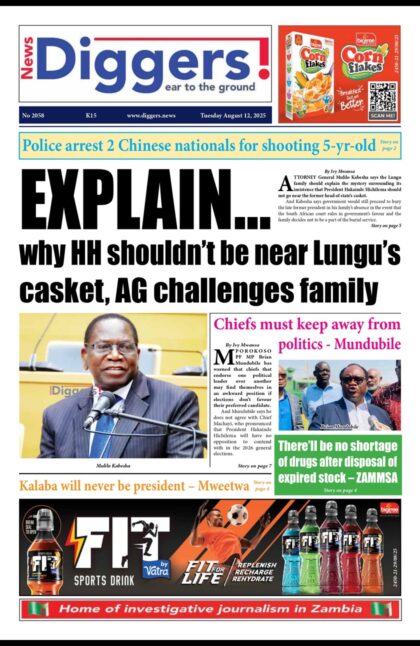THE World Bank has warned that a “major economic recession” will follow in the aftermath of the deadly COVID-19 outbreak.
And the World Bank Group and IFC have approved an unprecedented US $14 billion aid package in response to the deadly Coronavirus pandemic.
Meanwhile, the Bank has appealed for debt relief to be extended by all major creditors to highly-indebted poor countries to help them free up much-needed resources to tackle the virus.
In a statement released from its Washington, D.C, headquarters, Monday, World Bank Group president David Malpass warned that the globe would endure a “major economic recession” in the aftermath of the deadly COVID-19 outbreak.
“These are difficult times for all, especially for the poorest and most vulnerable. For the World Bank Group, our first goal is to provide prompt support during the crisis, based on a country’s needs. It’s also vital to shorten the time to recovery and create confidence that the recovery can be strong. Beyond the severe health impact from the pandemic, we should expect a major recession of the global economy. We are working to provide a fast response, utilizing all our available instruments,” Malpass said during the G20 Finance Ministers’ conference call on the COVID-19 pandemic.
He stressed that all governments ought to move with speed to boost health sector spending and in implementing critical structural reforms that would help shorten the time to enable a full economic recovery after COVID-19 hits its peak.
“Countries need to move fast to boost health spending, strengthen social safety nets, support the private sector and counter financial-market disruption. Countries will need to implement structural reforms to help shorten the time to recovery and create confidence that the recovery can be strong. For those countries that have excessive regulations, subsidies, licensing regimes, trade protection or litigiousness as obstacles, we will work with them to foster markets, choice and faster growth prospects during the recovery. The resources to address the problems I’ve discussed are substantial IBRD has recently had its capital increased and IDA has also been recently replenished. The World Bank Group, including IFC and MIGA, could deploy as much as US $150 billion over the next 15 months,” Malpass said.
Meanwhile, Malpass cautioned that the world’s poorest countries were set to bear the brunt of the COVID-19 pandemic, especially in view of their high-levels of indebtedness.
He, therefore, urged G20 countries, who were owed from developing countries, to render debt relief assistance during this trying period.
“I need to raise a related concern. This crisis will likely hit hardest against the poorest and most vulnerable countries, those roughly 25 poorest countries drawing on IDA. Many were already in a difficult debt situation, leaving no space for an appropriate health and economic response. We are ready to frontload IDA19 with up to US $35 billion and identify additional resources. However, we cannot have IDA resources go to pay creditors. Today, I want to make a call to action to the G20. I urge all official bilateral creditors of the poorest countries to act with immediate effect to help IDA countries through debt relief, allowing the countries to concentrate their resources on fighting the pandemic. In many cases, this will require comprehensive and fair debt restructuring that includes NPV reductions sufficient for restoring debt sustainability. I’m calling on the G20 leaders to allow the poorest countries to suspend all repayments of official bilateral credit, until the World Bank and the IMF have made a full assessment of their reconstruction and financing needs,” Malpass stated.
“The WBG and the IMF are ready to work quickly with official bilateral creditors and with other international organizations as partners to finalize a process by the Spring Meetings of our organizations in April.”
And Malpass stated that it had approved the funds to assist member-countries tackle the fast-spreading COVID-19, which had wreaked havoc across the global economy.
“Bank and IFC Boards approved a US $14 billion package to respond to COVID-19. Of that, IFC is making US $8 billion available in relatively fast-acting financial support for private companies. IBRD and IDA will be making $6 billion available in the near-term to support healthcare. We’re currently restructuring existing projects in 23 countries, many of these through the use of ‘contingent emergency response components.’ We’re also preparing projects in 49 countries in a new fast-track facility, with decisions expected this week on as many as 16 country programmes. Our Board will meet shortly, and I’m hopeful that this first round of countries will provide a framework to allow us to quickly scale-up over the next few weeks. We’ll be inviting follow-up tranches from other MDBs into April,” said Malpass.
























